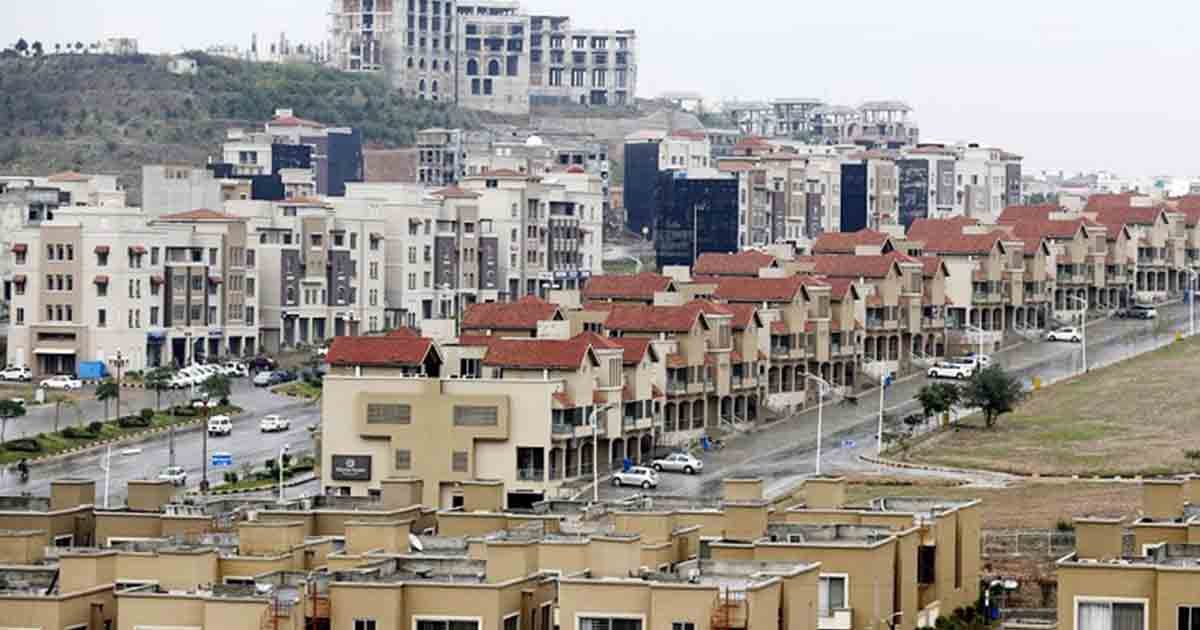Finance Minister Muhammad Aurangzeb’s remarks at the International Affordable, Green & Resilient Housing Conference on December 4 shed light on the critical challenges Pakistan faces in providing affordable housing. These challenges include the need for better financing options, regulatory reforms, and the impact of rapid population growth and climate change.
Aurangzeb pointed out that while financial and regulatory improvements, such as better mortgage finance and foreclosure laws, are important, two major issues stand in the way of affordable housing: the country’s fast-growing population, which is increasing by 2.55% annually, and the worsening effects of climate change.
The rapid population growth not only strains resources but also leads to a shortage of affordable housing, poor health, and education outcomes, and environmental damage. Many low-income families are forced into overcrowded, unhygienic living conditions with inadequate sanitation and limited access to clean water. This situation is further exacerbated by the financial burden of high housing costs, which leave little room for other essential needs, like nutritious food.
This lack of affordable housing contributes to malnutrition, with around 40% of children under five affected by stunting. Moreover, living in marginalised areas limits access to better education, healthcare, and job opportunities, perpetuating a cycle of poverty that is difficult to break.
The finance minister also stressed the need for more resilient housing, especially after the devastating 2022 floods, which caused thousands of deaths and significant economic losses. He called for a rethinking of housing reconstruction, with a focus on building climate-resilient homes and improving infrastructure like drainage systems and flood barriers.
While he acknowledged the role of the private sector, Aurangzeb emphasized that both federal and provincial governments must play a crucial part in ensuring the infrastructure needed to support resilient housing.
To tackle these challenges, Pakistan needs to control its population growth and adopt a new approach to housing that prioritises affordability, sustainability, and resilience to both population pressures and climate change.

















































